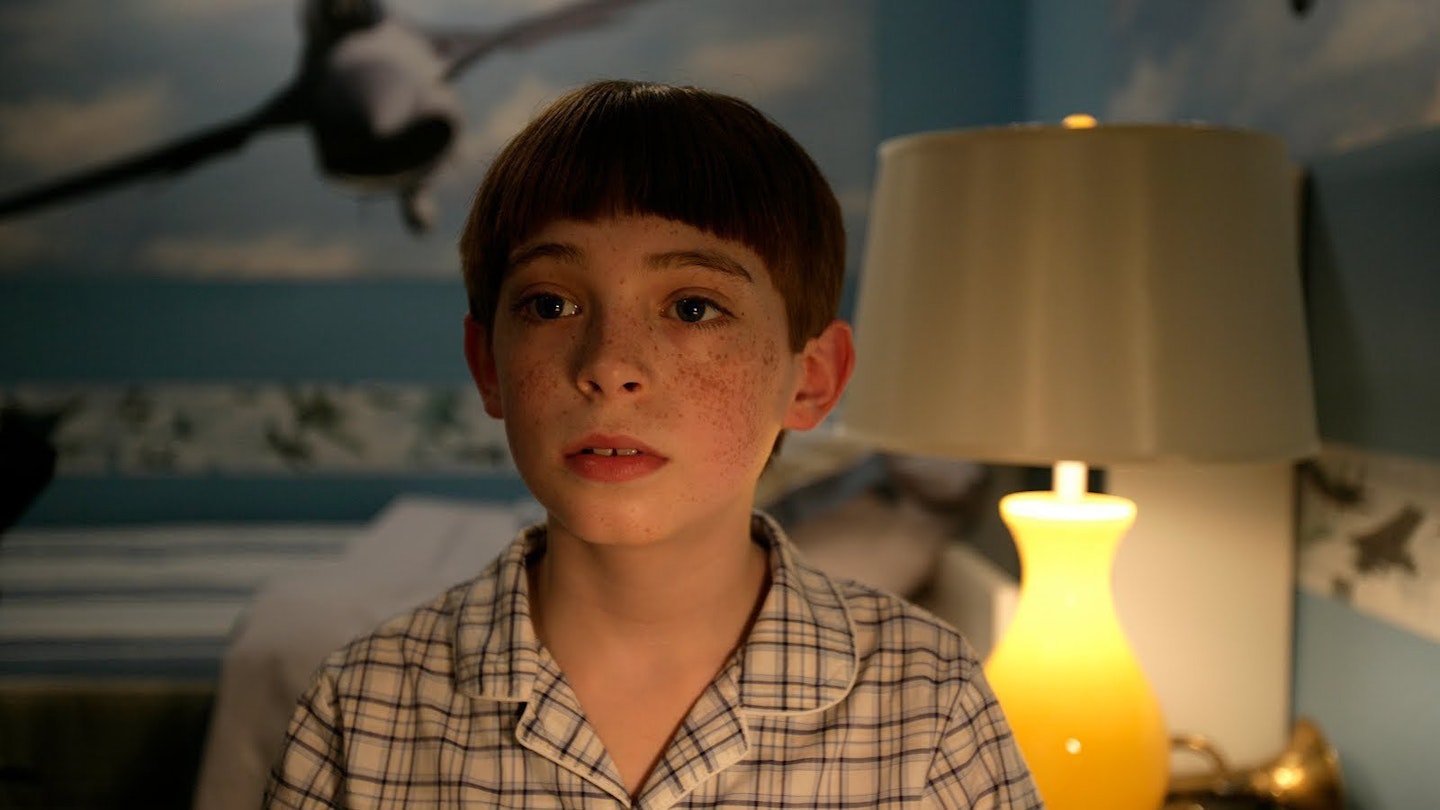What exactly is Todd Solondz playing at? With early releases like Welcome To The Dollhouse and Happiness, the director drew on his own New Jersey upbringing to craft acerbic social comedies that gave voice to America’s forgotten suburbanites, using our emotional involvement with these lonely, isolated lives to slip in divisive truths of modern life. But that clearly wasn’t enough. Perhaps believing such character empathy was a bourgeois dishonesty, Solondz piled on the ‘challenging’ subject-matter (abortion, paedophilia, the Holocaust) for an alienating brace of Brechtian films that both referenced their own fiction (2001’s Storytelling) or, as with 2004’s Palindromes, elected to cast actresses of different ages, shapes and races to play the lead role (a 13 year-old girl looking to lose her virginity).
Those weary of Solondz’s listless acts of provocation might perk at the news that Life During Wartime sees the return of the characters from Happiness. But, in a final attempt to strip out audience goodwill, he’s completely recast the movie, relocating part of the action to South Florida, but divesting the film of anything approaching sunlight. Solondz’s point seems to be that trauma can lead people to change identity but without back story or naturalism, it’s hard to care about these remoulds.
The West Wing’s Alison Janney puts in an on-edge performance, dealing with a son (Dylan Snyder) entering adulthood with questions about his paedophile dad, and Ciarán Hinds lends a defeated gravitas to the role of said father, but otherwise we’re left with a series of stilted drama workshops where each actor emotes their knotty dilemma with a stylised side-order of crying and the requisite deadpanning of uncomfortable dialogue (“Mom! Was dad really sent to jail for raping young boys?”). Such unnaturalism results in a cold audience response and, worse still, cold laughter. When Solondz started out, you felt he genuinely cared about these lonely suburban souls. Now that he’s stopped caring, why should we?
